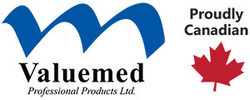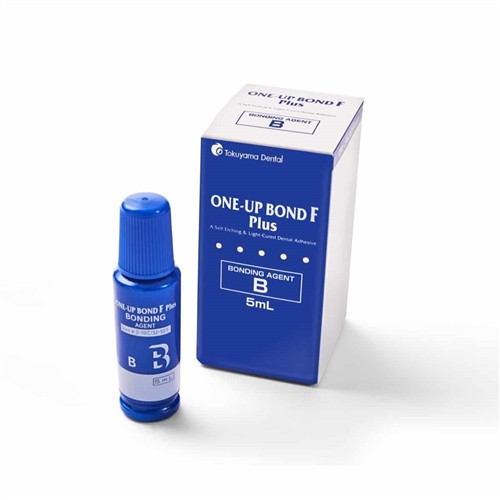
Kit includes: 5 mL Bond A, 5 mL Bond B, 25 disposable applicator brushes, 15 disposable mixing wells, procedure guide, and IFU
Active-chemistry triggers self-curing and provides high-bond strength
Tokuyama Dental America is proud to announce the launch of Tokuyama Universal Bond, a two-component universal adhesive that does not require surface agitation, light-curing, or wait time after placement. A quick and easy application cuts chair time especially in multi-tooth preparations.
Universal Bond can be used in all etching techniques: self-etch, total-etch and selective-etch mode for direct and indirect restorations. It has been designed to be fully compatible with light-cured, self-cured and dual-cured composite materials. As a true universal adhesive, Universal Bond does not require additional activators or primers, saving inventory costs and hassle.
Tokuyama Universal Bond offers high bond strength to polymerizable resin material (adhesive resin cement, acrylic resin and composite resin) to indirect restorative materials such as glass-ceramics (porcelain), oxide-ceramics (zirconia and alumina), metals (precious and non-precious) and resin materials including inorganic filler. Tokuyama Universal Bond has virtually no post-op sensitivity.

FEATURES & BENEFITS
Quick & Easy Application
- No need to light cure for 10-20 seconds
- No need to agitate on surface for 10-20 seconds
- No need to wait between placement and air-dry polymerization step
Reliable
- High bond strength to various surfaces & substrates
- Separation of acidic monomer (Bond A) & ceramic primers (Bond B) prevents deterioration of silane coupling agent and maintains superb bond strength to ceramic, PFM's, lithium disilicate, and zirconia
- Excellent cavity adaptation to avoid voids
Active Chemistry
- Mix 1 drop of Bond A and Bond B to trigger Active-Chemistry self-cure
- Worry-free polymerization where curing lights cannot reach
INDICATIONS
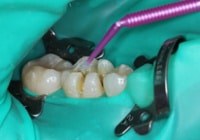
Direct anterior and posterior restorations with light-curing, dual-curing, and self-curing composite materials
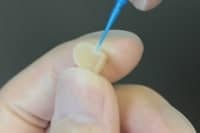
Intraoral repair of composite restorations, metal, porcelain fused to metal, and all ceramic restorations without an additional primer
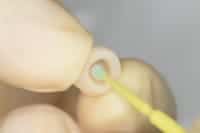
Cementation of indirect restorations & veneers when combined with light-cure, dual-cure, and self-curing resin cements
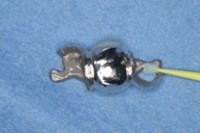
Bonding and repair of denture resin to metal bases, clasps or attachments
Bonding of opaque resin to a metal base in the fabrication of resin-faced stainless steel crowns
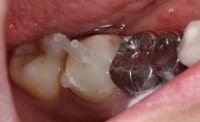
Bonding of core build-ups made of core build-up materials
